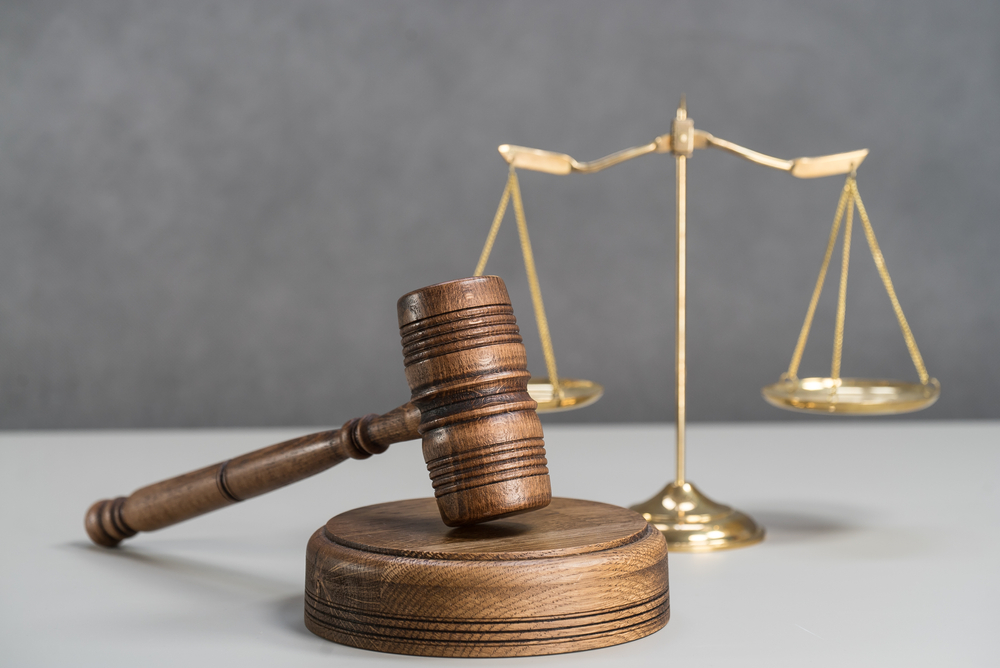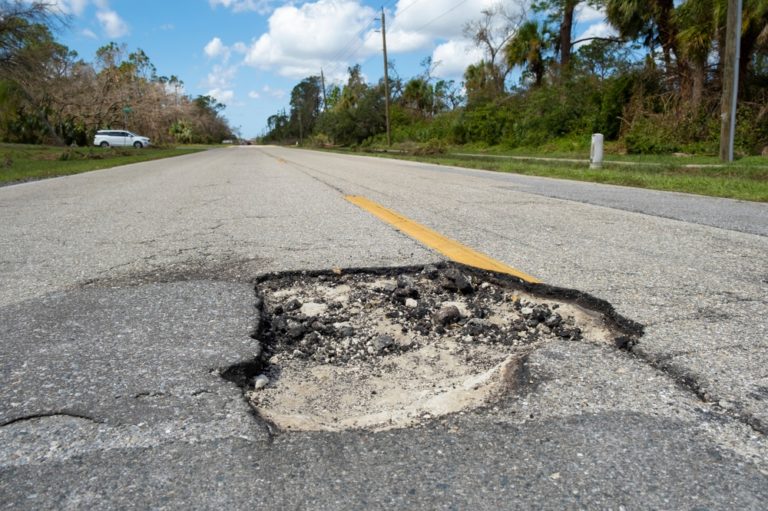When people suffer injury due to someone else’s negligence, they often experience severe physical-, emotional-, and financial stress. The path to recovering compensation involves navigating complex legal procedures while dealing with medical treatments and economic uncertainties.
Under such dire circumstances, making the right decision—whether to settle or go to trial—becomes paramount. In Hawaii, understanding the state’s unique laws, such as the 51% bar rule, along with the benefits and risks of settling versus going to trial, significantly influences the outcome of a personal injury case.
Top Reasons to Settle a Personal Injury Case in Kona
Most personal injury cases settle because the plaintiff’s lawyers negotiate a settlement that makes more sense than prolonging the process and risking a trial. The top reasons to settle a personal injury case include the following:
- Certainty of compensation amount
- Protects against comparative negligence allegations
- The shorter time horizon for receiving compensation
- Reducing stress
- Confidentiality
- Avoiding the appeals process
- Cost-Efficiency
Certainty of Compensation Amount
Settling a personal injury claim provides plaintiffs with a guaranteed amount of compensation, avoiding the uncertainties of trial. This certainty can be crucial, especially when facing mounting medical bills or loss of income. In contrast, a trial’s outcome is unpredictable, potentially resulting in lower compensation or no award.
The litigation process is also long and stressful, and a prolonged fight delays much-needed funds. A settlement, provided it is equitable, has the attraction of a quicker financial resolution to the plaintiff, helping her start the recovery process without the risk and stress associated with the unpredictability of a court trial.
Protects Against Comparative Negligence Allegations
Settling a personal injury claim in Hawaii can protect a plaintiff from the potential impacts of the state’s comparative negligence laws. Hawaii follows a modified comparative negligence rule, which means that if the court finds the plaintiff partially at fault for their injuries, it reduces compensation proportionally.
For example, if the court deems the plaintiff 30% at fault, he receives only 70% of his proven damages. If the plaintiff is more than 50% at fault, he receives nothing. By settling, a plaintiff avoids this risk. During settlement negotiations, both parties agree on a specific amount of compensation. This agreement is not influenced by a jury’s determination of comparative negligence, as it would be in a trial.
A settlement also offers more predictability. The agreed-upon amount is guaranteed, while court awards are uncertain and can be diminished due to the plaintiff’s partial fault. Therefore, a settlement can provide a sure path to receiving compensation, protecting the plaintiff from the potential disadvantages of comparative negligence.
In essence, settling a personal injury claim in Hawaii protects against reduced compensation due to the plaintiff’s contributory negligence.
Shorter Time Horizon for Receiving Compensation
When a personal injury claim settles, plaintiffs receive their compensation faster compared to going through a lengthy court trial. Lawsuits can take years to resolve, while settlements often conclude within months. This expedited process provides the injured party with the necessary funds to cover medical expenses, lost wages, and other damages sooner, easing financial burdens.
Reducing Stress
A court trial can be incredibly stressful, involving complex legal procedures and uncertainties that come with an emotional toll. Settling allows plaintiffs to bypass much of this stress, providing a more predictable and less adversarial process. It can bring a sense of closure more quickly, helping plaintiffs to move on and focus on their recovery.
Confidentiality
Unlike public court trials, which create a record accessible to anyone, settlements are confidential. This allows plaintiffs to maintain privacy, avoiding public scrutiny or potential reputational damage. The details of the accident, injuries, and compensation remain private, providing the plaintiff more peace of mind.
Avoiding the Appeals Process
A settlement agreement usually includes a clause that waives the right to appeal, providing finality to the case. Conversely, a court verdict is subject to an appeal, prolonging the process and causing additional stress and uncertainty. By settling, plaintiffs secure their compensation and close the matter once and for all.
Cost Efficiency
Trials are expensive, requiring significant outlays for expert witnesses, court fees, and other litigation expenses. Settlements are more cost-effective, circumventing many of these expenses. Thus, settling a personal injury claim can result in more compensation going directly to the plaintiff.
An Example of How a Trial Can Harm the Plaintiff’s Interests
Consider a scenario where a plaintiff suffers injuries in a car accident in Hawaii. He decides to sue the other driver for $100,000 in damages. The case goes to trial, where evidence shows that the plaintiff was speeding during the accident.
The jury found the other driver was indeed negligent, but they also determined that the plaintiff was 51% at fault for the accident due to his speeding. According to Hawaii’s modified comparative negligence law, also known as the 51% bar rule, if a plaintiff is found to be more than 50% at fault for the accident, he is barred from recovering any damages.
In this situation, the plaintiff received nothing despite the other driver’s negligence, as his share of the fault was greater than 50%. The verdict wipes out his compensation. Had he chosen to settle, he may have received a mutually agreed-upon amount, allowing him to cover at least a portion of his medical bills and other damages.
This scenario illustrates how a trial could harm a plaintiff’s interests, especially in jurisdictions like Hawaii that follow the 51% bar rule. It underscores the importance of carefully weighing the benefits and risks of litigation against the relative certainty of a settlement.
When a Personal Injury Trial Makes Sense in Kona
While settling a personal injury claim often makes sense, going to trial can be advantageous. When liability is clear and the defendant’s negligence is egregious, a jury may award significant damages, including punitive damages meant to punish the defendant and deter similar behavior.
Similarly, if the defendant’s settlement offer is unreasonably low, a trial may yield a higher compensation. Moreover, a trial may be preferable if the plaintiff strongly feels that their story needs to be heard in court or that the defendant should be publicly held accountable for his actions. Understanding the dynamics of personal injury trials in the Aloha state can guide the plaintiff in deciding the best course of action.
Hiring an excellent trial lawyer is vital because some cases must go to trial, especially when large amounts of money are at stake. A winning trial lawyer prepares thoroughly and follows a strategy that proves the claim while shutting down all potential defenses, leaving the insurance company with no room to maneuver.
In addition, trial attorneys must be exceptionally persuasive, convincing jurors of the claim’s veracity and engendering sympathy. A jury that is convinced of the defendant’s liability and sympathetic to the plaintiff’s plight awards the highest compensation.
Example of a Personal Injury Trial Case in Kona
Imagine, a pedestrian in Hawaii who was severely injured by a drunk driver, incurring substantial medical bills and losing the ability to work. The driver’s insurance company offers an inadequate settlement to cover her losses.
The plaintiff, confident in the strength of her case and the extent of the driver’s negligence, decides to take her case to trial. During the trial, evidence of the driver’s extreme recklessness and disregard for safety, including a very high blood alcohol content and previous DUI convictions, is presented.
The jury feels sympathetic toward the plaintiff and appalled by the defendant’s conduct. As a result, they award Jane a much higher compensation than the initial settlement offer, including punitive damages due to the driver’s egregious behavior. This case demonstrates that, under the right circumstances, personal injury plaintiffs in Hawaii can greatly benefit from going to trial.
Olson & Sons, Expert Personal Injury Trial Lawyers
With a keen understanding of personal injury law and a wealth of experience, the attorneys at Olson & Sons have a proven track record of winning personal injury cases in Hawaii. Their legal insight and expertise allow them to navigate the complexities of Hawaii’s personal injury laws effectively and efficiently.
They approach each case thoroughly, identifying the key issues and gathering the necessary evidence to build a strong case. Their in-depth knowledge of how insurance companies operate helps them anticipate and counter defendants’ tactics to shift blame or minimize compensation.
The team’s persuasiveness is evident in their negotiation skills and trial advocacy. In negotiations, they strive to secure the best possible settlement for their clients. If a fair settlement is not forthcoming, they’re ready to argue persuasively before a jury. They utilize compelling storytelling and fact presentation to ensure the jury understands the full extent of their client’s injuries and losses.
Olson & Sons’ attorneys combine strategy, preparation, and experience to represent their clients effectively, whether negotiating a fair settlement or fighting for justice in court. Their stellar track record in personal injury cases is a testament to their dedication and competence.
The decision to settle a personal injury case or take it to trial involves carefully evaluating numerous factors. It requires an in-depth understanding of Hawaii’s personal injury laws, a clear assessment of the strengths and weaknesses of the case, and a strategic approach toward negotiation and litigation.
Hire the Attorneys of Olson & Sons in Kona
Having a skilled and experienced attorney by your side is invaluable in a personal injury case. Olson & Sons’ expert personal injury attorneys offer the guidance and representation you need to secure the best possible outcome for your case.
If you’ve been injured due to someone else’s negligence, don’t navigate this complex process alone. Contact Olson & Sons in Kamuela, Hawaii, to discuss your case and explore your options.
Our team of legal eagles will build the strongest possible case and negotiate an attractive settlement of win at trial.
Related Content: What Is a Personal Injury Case?




